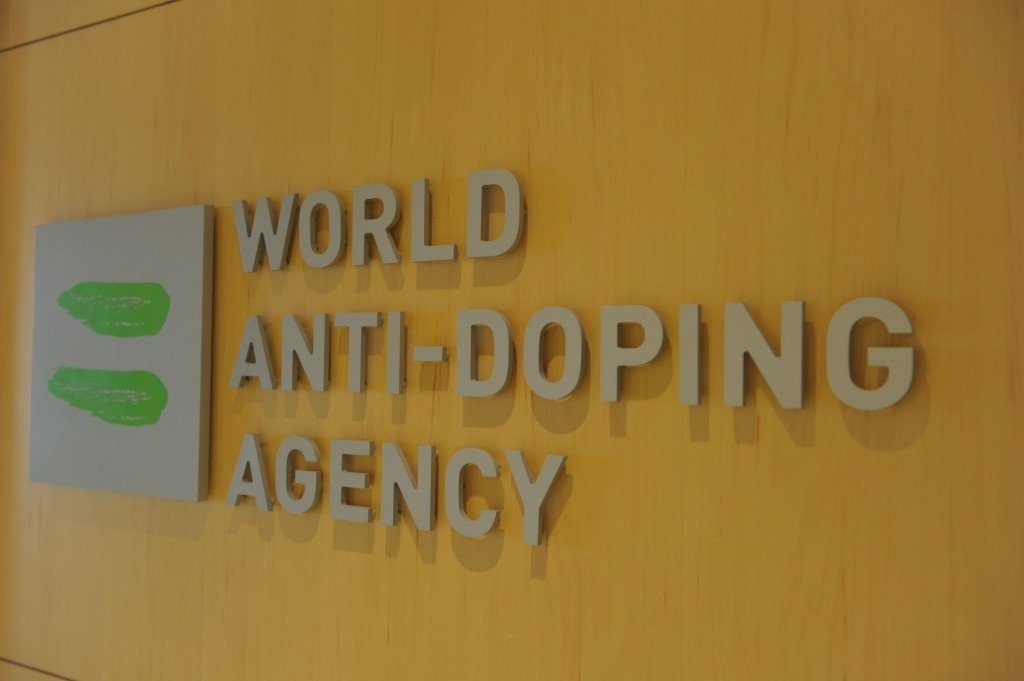New evidence has surfaced, suggesting that Russia has once again with official athletes data submitted to WADA. The country has a three-week window to establish a credible reason for the discrepancies identified in the data.
Russia’s Olympics Prospects Dim as New Data Tampering Evidence Surfaces
Following a report that Russia has tampered with samples from the 2014 Sochi Olympics after submitting them belatedly to the World Anti-Doping Agency (WADA) at the end of 2018, the country may now face another blow to its reputation as a sports nation. Russia may receive a new ban. This time, the country could be expelled from the 2020 Tokyo Olympics. Russia country will have three weeks to explain why the samples submitted to WADA had been falsified.
WADA held a meeting of its official committee on Monday in Tokyo. However, the information submitted to WADA may have been falsified, and specifically the digital content submitted to the regulator.
As a reminder, WADA said that it might only consider reinstating the Russian anti-doping agency’s status only if the organization offered a full cooperation. Russian Olympic Committee President Stanislav Pozdnyakov responded to the allegations by stating outright that ‘the situation is very serious’.
The country has been facing a number of serious restrictions insofar athletics have been concerned. The International Olympic Committee (IOC) has prohibited Russia to compete under a national flag, and has drastically reduced the selection of ‘neutral’ athletes from the country.
The term ‘neutral’ refers to Russian nationals who won’t be allowed to compete under their national flag. The data, which was handed in January 2019, has already been used to suspend previous titles and revoke medals to some major competitors.
Was Reinstating RUSADA a Rushed Move?
While RUSADA’s reinstatement in the first place seemed to be hasty to many, WADA Director General Olivier Niggli has told representatives of the media. He claimed that unless WADA had shown a gesture of good will, the situation would have been stuck at a single point. Mr. Niggli sought a development Mr. Niggli specifically said:
I believe it was actually a very important decision and absolutely the right decision. I’m convinced that we would not have the data if we had not taken that decision, so we would not even be talking about it today. There would still be a cloud of suspicion and nothing would have gone forward.”
Russia’s Minister of Sports Pavel Kolobkov has said that he would assign Russian tech specialists to review the data and hopefully clear up any discrepancies in the data submitted by a whistle-blower and the official data handed over by the Russian authorities.
Kolobkov expressed his hopes that a joint investigation with the help of IT experts on both sides would help clear up the discrepancies. Should WADA establishes new attempts to cover up athletes, this may put a damper on Russia’s hopes to compete at international events in the foreseeable future.
-
Tags:








Leave a Comment